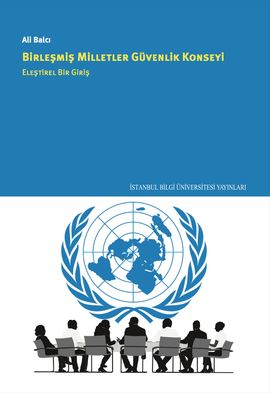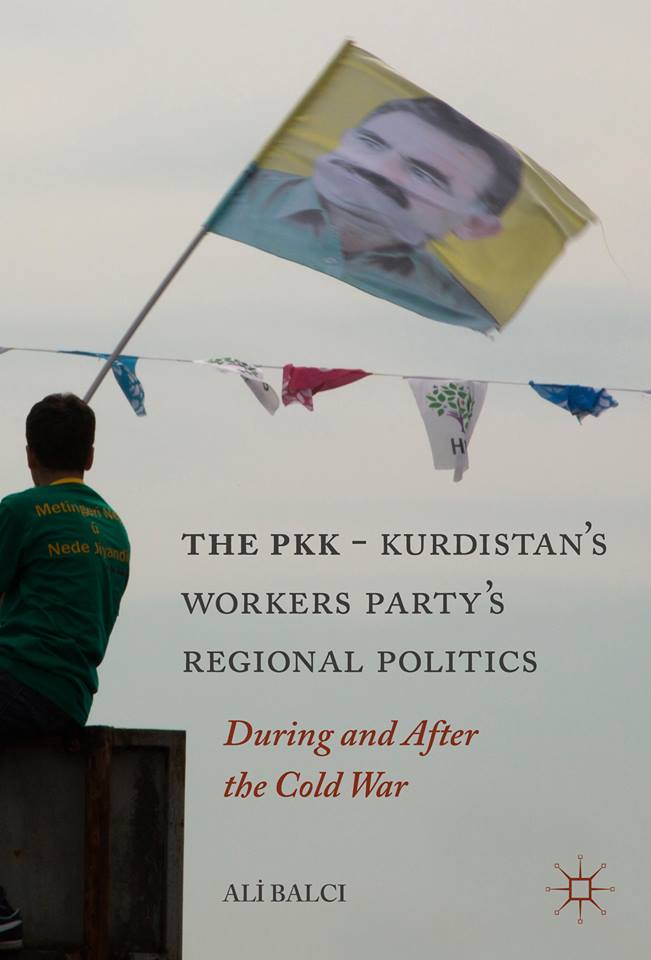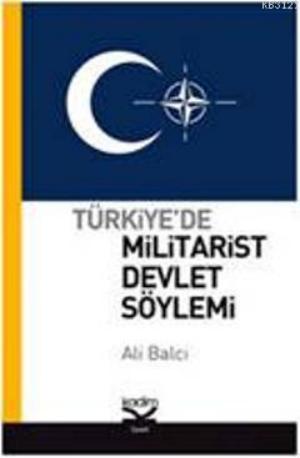Today’s Zaman, 4 March 2012 (Murat Yeşiltaş ile)
The world has learned a number of lessons from the recent revolutionary experiences in the Arab world. First, success is in sight only when the army walks out on the regime. Secondly, the ability to have the atrocities of the regime under constant media spotlight enables the opposition to gather more support. Thirdly, the opposition can develop so-called “free zones,” such as Benghazi and Tahrir Square, that function as a base in their struggle against the regime. Last but not least, external support is a necessary condition of any revolution, though it does not necessarily have to be in the form of a military intervention. The world, in a sense, has a how-to guide to toppling dictators.
Syrian exceptionalism emerges right here. Just as how the world learned a lesson from successful revolutions, the Assad regime similarly has a how-to guide to thwarting revolutionary forces. We do not see in Syria soldiers defecting en masse, nor do we observe any crack between the military elite and the Assad government. Although Syria’s military showed some signs of division in the beginning, the continued bombardment of Homs proves that the armed forces are under the command of the regime. Also, shelling rather than putting troops into combat missions allows the relationship between the military and the government to remain stable because soldiers are not forced to fight face-to-face with their fellow citizens. Additionally, the shelling of Homs has limited access to any independent information due to the death of journalists on the ground. The Assad regime, by brutally oppressing any protest from the beginning, has also left no opportunity for those who aim to create a safe haven. Furthermore, the hour of full approval for intervention has not yet been arrived at by external powers. This is exactly where Syrian exceptionalism finds its explanation. Why is Assad being treated by external powers so differently from his counterparts? Firstly, Syria’s delicate sectarian, national and ideological composition has kept Western and Arab governments from intervening. Some external powers are anxious about the fact that a post-Assad Syria may create a country more fractured along sectarian lines and a power vacuum through which a proxy war could spill over into neighboring states. Secondly, Syria is strategically located in highly critical territory when we consider the question of whether war will break out over Iran’s nuclear program. Similarly, Iran is not eager to lose its ally to the predominantly Sunni countries nearby, all of which have doubts about Tehran’s nuclear ambitions. Fourthly, Russia and China have made declarations of support for the Syrian government and warned against any military intervention. Accordingly, China has called for the “international community to respect the sovereignty, stability and unity of Syria.”
What the Syrian opposition lacks
The Syrian opposition is not as cohesive and well-organized as their counterparts in Libya and Egypt. Nearly a year after the uprising erupted, the opposition still seems highly fractured. This disunity not only traces along ethnic, sectarian and ideological lines, but even the umbrella organization of the opposition, the Syrian National Council (SNC), is ambivalent regarding a transformation from a nonviolent movement to an armed insurrection. In addition to this, the Islamic character of the SNC is another reason behind the oscillation of Western powers, which are incredibly concerned about the rise of the Muslim Brotherhood to power in the post-revolutionary period.
By the same token, the implications of this exceptional character of the Syrian case in the short run are the following: Firstly, Qatar’s call for a UN-like “Arab force,” whose first job would be to impose peace on Syria, seems the most striking answer to the Western oscillation. “Growing recognition of the need to protect human rights through regional mechanisms,” as Şaban Kardaş rightly stated, provides a fertile ground for such a mechanism. Secondly, a regional humanitarian intervention, if successful, would reshuffle the power balance in the region, perhaps to the intervening countries’ favor, and push Iran and Israel to the margins.
Importantly, the situation compels Turkey to redefine its role in the Middle East, forcing it to proceed from the direction of “passive model,” sharing relevant experiences without peddling any model to others, to active involvement. This active involvement requires underpinning soft power (liberal democratic values) with hard power mainly composed of economic and military apparatuses. The expectation that the autocratic regimes of the region can be changed by the demonstrative effect of Turkey seems an inadequate strategy. The only answer may be that the transition from autocracy to a democratic system necessitates some enforcement.
Needless to say, the above implications will shape the future of Syria.
 Etiketler Etiketler
|
Arab SpringArap BaharıSuriyeSyriaTurkey |












